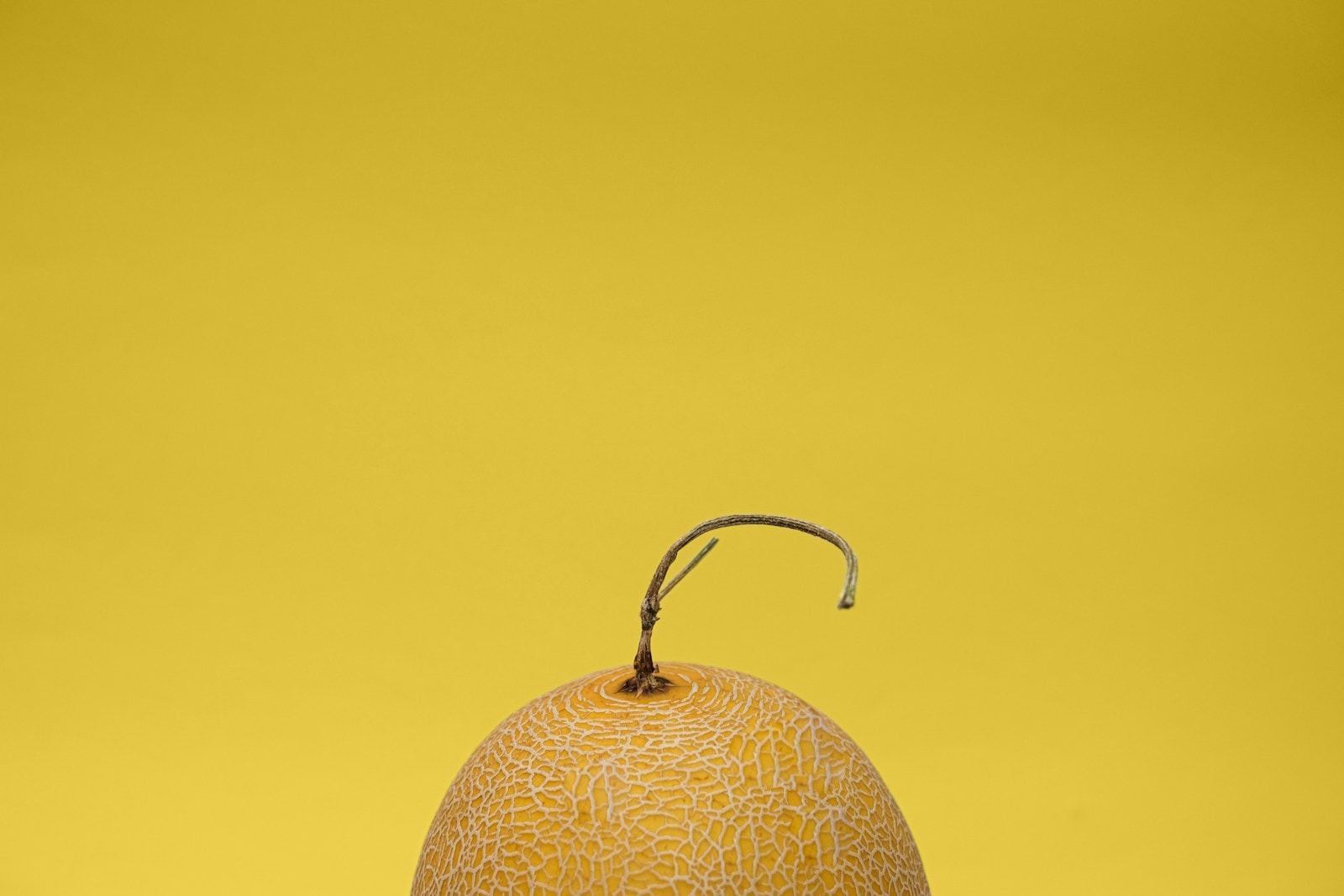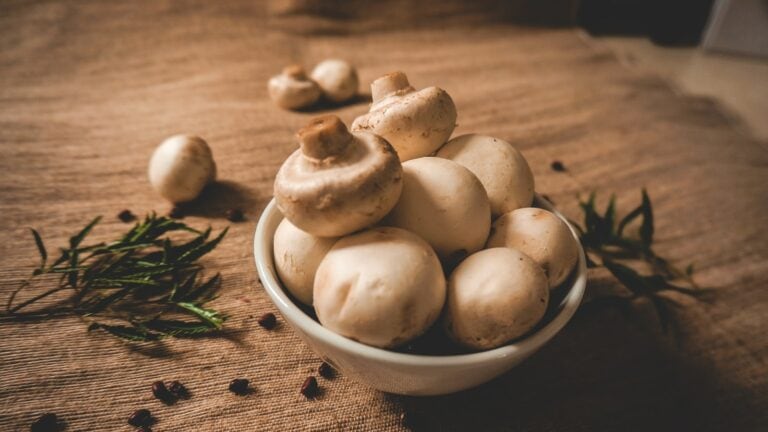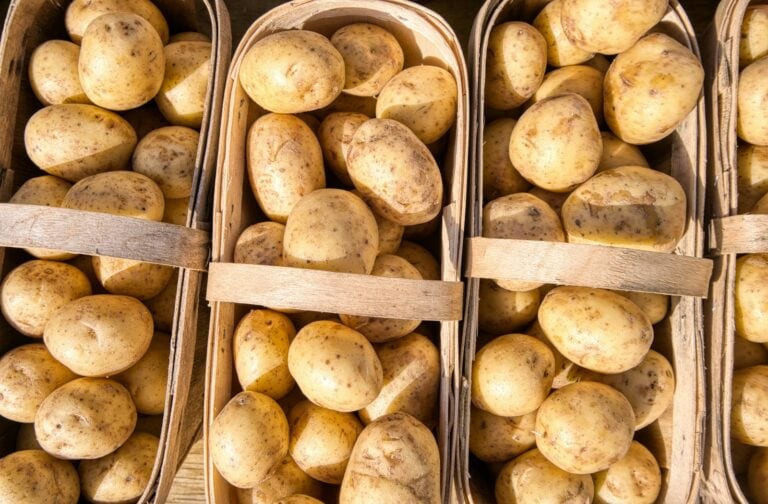Chickens can often enjoy a variety of fruits as part of a balanced diet. Cantaloupe is a fruit that poultry owners may consider offering to their flock. This melon is rich in vitamins and minerals, potentially providing health benefits when consumed in moderation.
Understanding which parts of the cantaloupe are safe for chickens is paramount. This includes the flesh, seeds, and rind, all of which can be consumed by chickens when prepared properly.
When feeding cantaloupe to chickens, it’s important to do so in moderation to avoid digestive issues or excessive weight gain. Although cantaloupe can be beneficial due to its high water content and nutrients such as vitamin A, it’s crucial to ensure that any new food is introduced gradually. Also, make sure it makes up only a small percentage of the chickens’ overall diet.
Key Takeaways
- Chickens can safely consume cantaloupe, including its flesh, seeds, and rind.
- Cantaloupe provides hydration and nutrients like vitamin A to chickens.
- Moderation is essential when incorporating cantaloupe into a chicken’s diet.
Nutritional Benefits of Cantaloupe for Chickens
Cantaloupe is a nutrient-rich fruit that offers a variety of health benefits for chickens. It is not only a tasty treat but also a good source of vitamins, hydration, and fiber which contribute to the overall health of poultry.
Vitamin Content
Cantaloupe is an excellent source of essential vitamins for chickens. It provides a significant amount of vitamin A, which is crucial for maintaining good vision and immune function. The fruit also contains vitamin C, an important antioxidant that helps protect the body against disease. Additionally, cantaloupe offers vitamin B6 and folate, important for energy metabolism and red blood cell formation.
Hydration Benefits
The high water content of cantaloupe makes it an ideal treat for keeping chickens hydrated, especially on hot days. With cantaloupe being mostly made up of water, it can help prevent dehydration, ensuring chickens maintain good health and egg production.
Fiber and Digestive Health
Fiber is another beneficial component of cantaloupes. It aids in healthy digestion and can help prevent issues like constipation in chickens. The fiber and digestive health of chickens can be supported by incorporating moderate amounts of cantaloupe into their diet, complementing their regular feed.
Feeding Cantaloupe to Chickens
Cantaloupe can be a hydrating and nutritious treat for chickens, offering hydration and various essential nutrients. Proper preparation and serving methods ensure safety and enhance the fruit’s appeal.
Preparation and Serving Tips
When serving cantaloupe to chickens, make sure it’s fresh and cut into small, manageable pieces. The rind and seeds should be removed to prevent choking. It’s optimal to serve cantaloupe at room temperature or slightly cooled, especially during warmer weather to help keep the chickens cool.
Portion Control and Frequency
Chickens can enjoy cantaloupe in moderation as part of a balanced diet. It should not comprise more than 10% of their overall daily food intake. Offering cantaloupe once or twice a week is enough to provide them with the vitamins without overdoing it.
Potential Risks and Considerations
While cantaloupe is generally safe, overconsumption may lead to digestive issues due to its high water and sugar content.
It’s also important to ensure the cantaloupe is free of pesticides and not overly ripe or moldy, to avoid health risks.
Always remove any uneaten cantaloupe after a few hours to prevent attracting pests or causing illness.




Leave a Comment